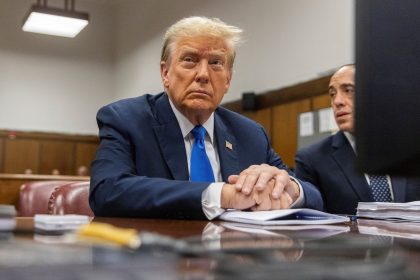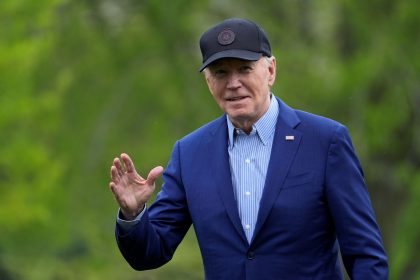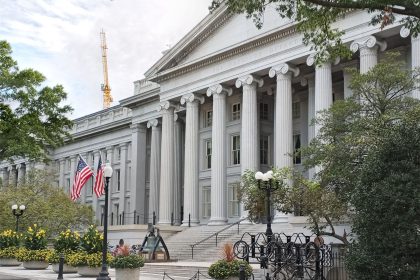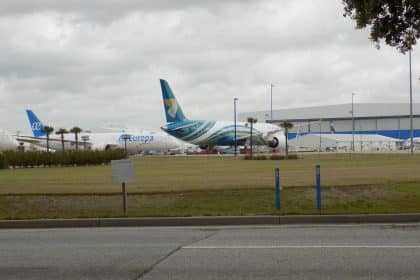Congress Seeks More Taiwanese Trade to Help Withstand Chinese Intimidation

WASHINGTON — China’s military intimidation of Taiwan continued this week as Congress tried to figure out how to boost trade ties to help the island nation withstand the scare tactics.
“It is a beacon of democracy in Asia,” Rep. Richard Neal, D-Mass., chairman of the House Ways and Means Committee, said Wednesday about Taiwan.
China insists Taiwan is a breakaway republic that needs to be reunited with the mainland, even by force if necessary. The Taiwanese government says it will never submit to China without a fight.
The result in recent weeks has been Chinese jet fighters intruding into Taiwanese air space and military exercises close to Taiwan’s coast.
U.S. government policy seeks to support Taiwan through business as usual, regardless of Chinese intimidations.
“We want to deepen our ties,” Neal said during a hearing of the House Ways and Means Committee.
Taiwan is the ninth largest U.S. trade partner with $90.6 billion in total goods imported or exported in 2020. It represented $30.2 billion of U.S. exports but $60.4 billion of Taiwanese imports.
The House Ways and Means Committee wants to reach additional trade agreements to continue the flow of goods, particularly as the risk of war with China grows. In addition, the Biden administration is considering stiff economic sanctions against China as a deterrence to war.
Although much of the trade consists of agricultural products and consumer electronics, military sales are increasingly becoming part of the deals.
This month, the Taiwanese government proposed spending $19 billion on defense next year. The budget would be a double-digit increase from this year.
A big part of it would be invested in fighter jets from the United States.
Taiwan’s biggest trading partner is China, which some lawmakers and international trade experts described as a precarious partnership amidst tense political relations.
“We need to send a signal to the world that it is okay to do trade agreements with Taiwan,” said Mark Wu, a Harvard University professor of Chinese studies.
With the world’s largest exporter only 112 miles off its coast, Taiwan has had difficulty weaning itself off the roughly $166 billion in annual trade with China.
“It’s really about realigning supply chains in Asia,” Wu said.
Bonnie Glaser, director of the Asia Program at the German Marshall Fund of the United States, said Taiwan has tried to forge trade agreements throughout Asia but “its efforts have been stymied by Beijing.”
In addition to military coercion, China has launched persistent cyberattacks and disinformation campaigns against Taiwan, Glaser said.
Interference with Taiwanese trade is part of a broader strategy to undermine the country and force reunification with China, she said.
Several lawmakers and witnesses said more trade with Taiwan also could provide a big benefit to the U.S. economy and job market.
“We depend on growing export markets to be profitable,” said Russell Boening, president of the Texas Farm Bureau.
Last year, the United States exported $3.9 billion in agricultural products to Taiwan while importing $540 million in Taiwanese agricultural products, he said.
Trade with Taiwan supports nearly 200,000 American jobs, according to congressional figures.
“Without [a Taiwanese trade] agreement, they’re going to look to other suppliers,” Boening said.
Rep. Kevin Brady, R-Texas, said, “It’s not enough to buy American, you have to sell American.”
Many of the policy assertions at the congressional hearing won agreement from Rupert Hammond-Chambers, president of the Virginia-based U.S.-Taiwan Business Council.
“If global commerce can be deterred from engaging Taiwan it will weaken the island and make it more vulnerable to [the People’s Republic of China’s] coercion and the possibility of absorption into the PRC on its conditions,” Hammond-Chambers told The Well News. “The appropriate response to this strategy is for the world’s leading economies to strike robust bilateral trade deals with Taiwan to ensure it remains an important global economic partner and to find ways to include Taiwan in multilateral efforts.”
Tom can be reached at [email protected] and @TomRamstack























